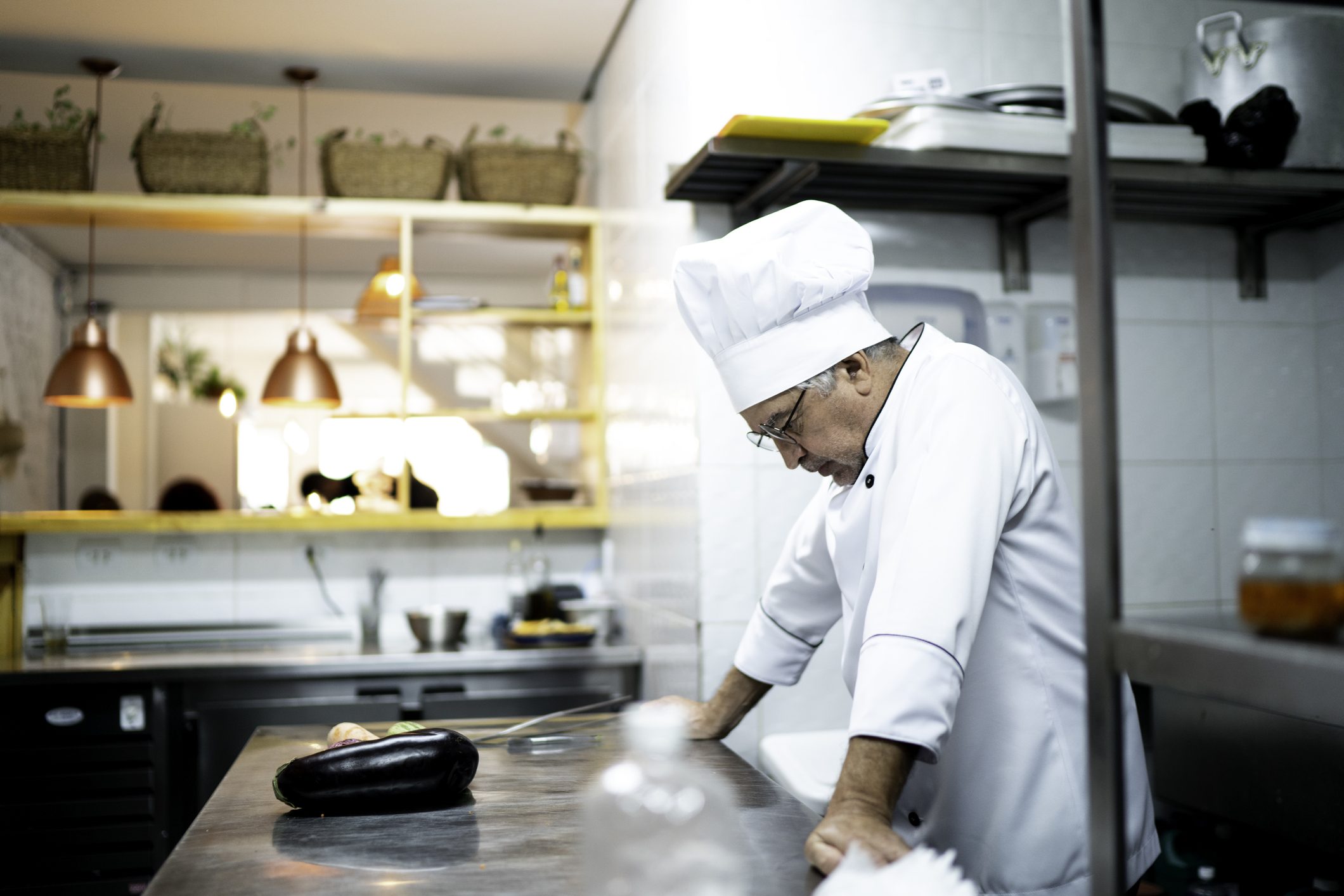The Restaurants Industry and Mental Health: Why It Shouldn’t Be Ignored
In June 2018, the world was shocked when it became known that Anthony Bourdain took his own life, after losing a long battle with depression. What was surprising to many about Bourdain’s death was that he ‘appeared so happy’. He had a successful career and received many accolades for his work. But that is what makes mental health disorders so tragic. It’s not always so obvious. You never know what someone is struggling with on the inside.
;Resize,width=742;)
The suicide of chef Anthony Bourdain was not the first in his industry. After realizing he might be losing his 3-star status, chef Bernard Loiseau took his own life in 2003. And in 2016, chef Benoît Violier also committed suicide. The food and beverage industry is extremely competitive.
Chefs are under constant pressure to perform and showing any signs of weakness is not an option. They are continuously judged by each plate of food they put out, and if it’s not perfect, they can easily be replaced by the ‘next great chef. One bad day in the kitchen could result in the end of a career. As with many industries, social media has had a big influence on the rise of mental disorders. No longer does bad news rely on the chance encounter that you’d see something in a magazine, you now read it everywhere. Everyone has an opinion and the anonymity behind a post makes it easier for people to be harsh.
Since 30 to 40 years ago, the use of illegal drugs and alcohol abuse were not uncommon among chefs. If you took part in this self-destructive behavior, you were seen as ‘cool’ and would fit in with your peers. But this is changing, more and more chefs are now advocating for a healthier and balanced lifestyle.
It seems as though self-awareness is one of the most important factors to prevent the increase of disorders such as depression. Taking an inward look and realizing that there is a problem can lead to the first step in solving the problem. But people live busy lives, and with an environment as crazy and tiring as the restaurant business, there’s not really time to sit and reflect. Many head chefs are now incorporating major changes in their kitchens to reduce the impact of mental health disorders.

For chef Ariane Duarte, a life coach gave her the wake-up call she needed. She realized how much she changed, how stressed she became, and how much her family was affected by it. Making a conscious decision to slow things down and spend more time with loved ones, was a critical point in her recovery.
Jan-Hendrik van der Westhuizen (owner and chef of the Michelin-starred restaurant JAN) says that they address the issues head on. In his kitchen, he wants staff to keep calm, saying that it’s much more efficient than being loud and over-the-top. He encourages his staff to attend a weekly yoga class, and also introduced better working hours. He believes it’s important to look after your staff, caring about the smaller things too, like how they get to work, whether they have a decent lunch, and even supporting them to go through a rehabilitation program if necessary.
Chef Patrick Mulvaney, the owner of Mulvaney’s B&L, believes that it’s critical for the head chef to model good behavior as this will improve the staff’s morale. He feels that the kitchen should be a safe space for staff to open up should they experience any mental health issues. Instead of ridicule, a helping hand should be extended to assist these staff members.
It’s often difficult to see when exactly someone starts to spiral down in the depths of depression, but there are some signs to look out for. These include sleep changes, anger or irritability, mental and physical fatigue, or relationship problems. If you suspect that you or someone you love, are experiencing symptoms of depression, reach out for help. Talk to friends or family members or seek out the help of a mental health professional.
;Resize,width=767;)


;Resize,width=712;)
